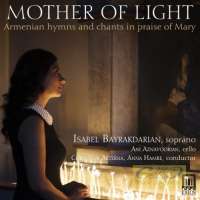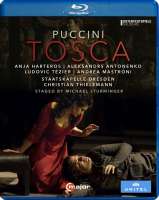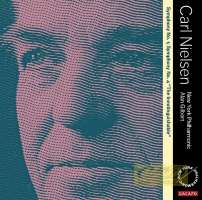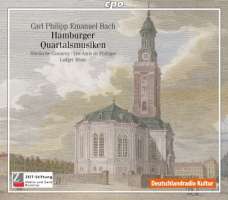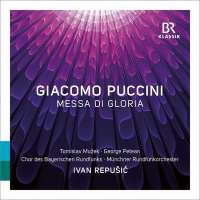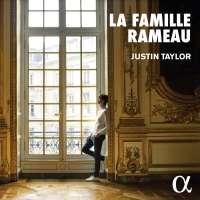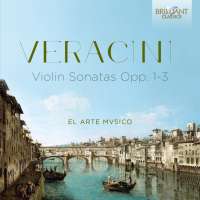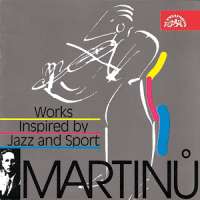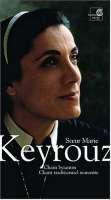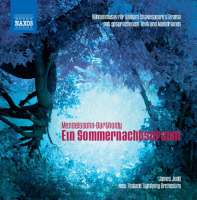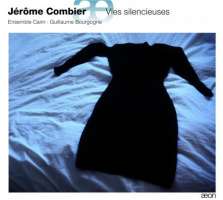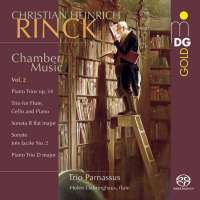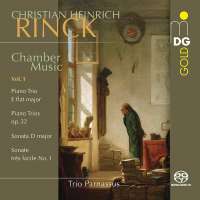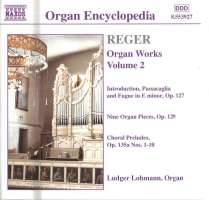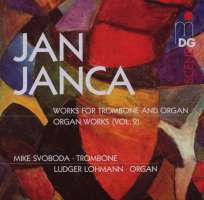
kompozytor
Rinck, Christian Heinrich
tytuł
RINCK: Works for Organ
wykonawcy
Lohmann, Ludger
nr katalogowy
8.553925
opis
Rinck's reputation as "the German Bach", notably in France and England, rested mainly on his many published, widely distributed and commercially successful compositions, including works not only for the organ but also vocal and chamber music. His organ pupils included Friedrich Hesse and he influenced a whole generation of organists in Germany and subsequently in France. His collection of music manuscripts, which includes several important sources for the music of Bach, received from his teacher Kittel, still retains its value for musicologists.
The diversity of his own style may be partly explained by these divergent stylistic influences and partly by a commercial instinct for the market. Rinck's popularity among the organists of his time is seen in the presence of his compositions in almost all of the numerous collections of organ music for liturgical purposes. In general his organ works adhere to a contrapuntal church style, with smaller forms prevailing. Especially in the shorter preludes, however, original, rhythmically interesting motifs and occasional surprising harmonic changes are to be found.
Although born twenty years after the death of Johann Sebastian Bach, Rinck was, nevertheless, strongly influenced by the latter's style, while still accepting the revolutionary developments in the music of his time as represented by his exact contemporary Beethoven.
The diversity of his own style may be partly explained by these divergent stylistic influences and partly by a commercial instinct for the market. Rinck's popularity among the organists of his time is seen in the presence of his compositions in almost all of the numerous collections of organ music for liturgical purposes. In general his organ works adhere to a contrapuntal church style, with smaller forms prevailing. Especially in the shorter preludes, however, original, rhythmically interesting motifs and occasional surprising harmonic changes are to be found.
nośnik
CD
gatunek
Muzyka klasyczna
producent
Naxos
data wydania
07-10-1997
EAN / kod kreskowy
730099492522

(Produkt nie został jeszcze oceniony)
cena 58,00 zł
lubProdukt na zamówienie
Wysyłka ustalana indywidualnie.
Darmowa wysyłka dla zamówień powyżej 300 zł!
Darmowy kurier dla zamówień powyżej 500 zł!
sprawdź koszty wysyłki
